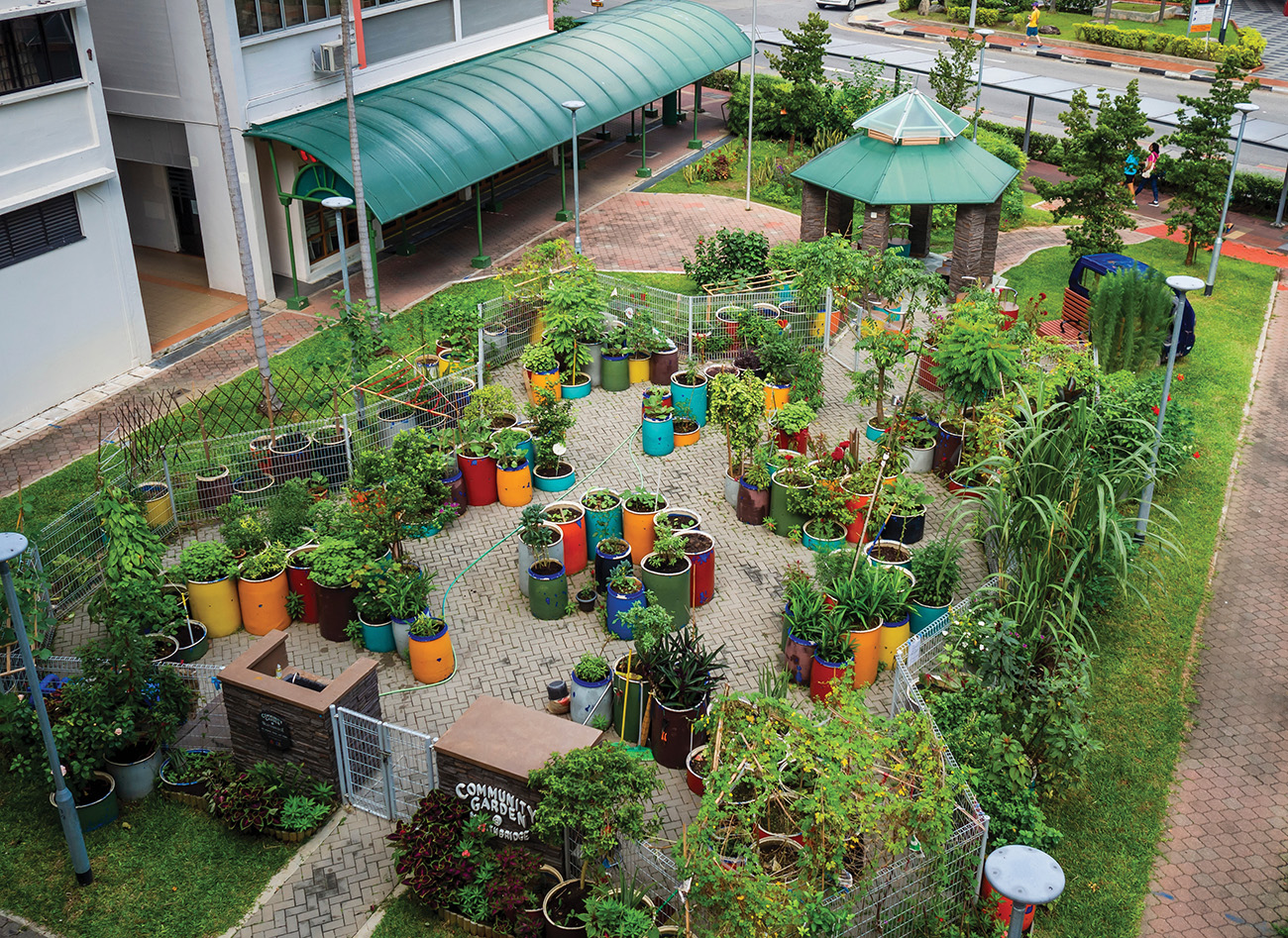COVID-19: Cities in the frontline of response and recovery
August 19, 2020
COVID-19 shutdown measures have had economic impacts far beyond city boundaries as urban economies account for 80 per cent of global GDP. The response should tackle the inequalities and long-term development deficits that have been exposed and made marginalised groups more vulnerable.
The UN SG’s Policy Brief on COVID-19 in an Urban World estimates that urban areas are at the epicenter of the pandemic, accounting for an estimated 90 per cent of cases. However, urban density does not correlate with higher virus transmission. Overcrowding and urban areas with poor infrastructure and housing or weak local governance does.
“Now is the moment to adapt to the reality of this and future pandemics”, Secretary-General António Guterres said in his recorded message launching the new policy brief- COVID-19 in an urban world.
“And now is our chance to recover better, by building more resilient, inclusive and sustainable cities.”
Secretary-General António Guterres
UN-Habitat Executive Director Maimunah Mohd Sharif stated, “The Secretary-General’s Policy Brief is a powerful instrument to put us on the right path to deal with the crisis and also to seize the opportunity to do things differently in the recovery, so that we can create greener, healthier and more resilient cities. The transformative potential of urbanisation towards achieving the Sustainable Development Goals cannot be lost. This moment cannot be missed.”
COVID-19 is an opportunity to rethink urban living to address the climate crisis and adapt to the reality of this and future pandemics.
Above article is an excerpt from The United Nations. Click here to view the full article.
To read the complete article, get your hardcopy at our online shop/newsstands/major bookstores; subscribe to FuturArc or download the FuturArc App to read the issues.
Previously Published Commentary, Online Exclusive Feature
Contact us at https://www.futurarc.com/contact-us for older commentaries.



